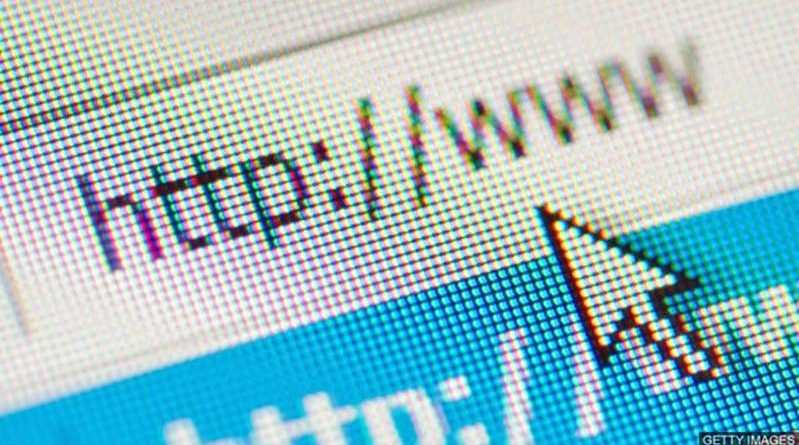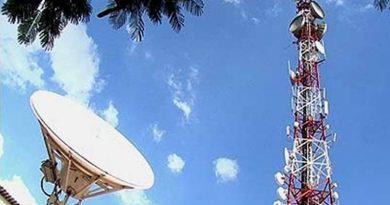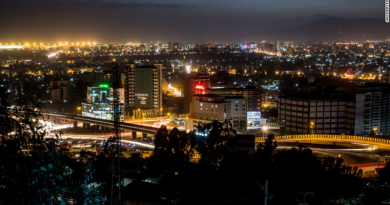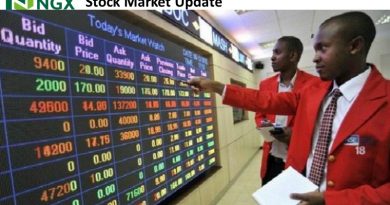Demand for Free Mobile Internet Access in Emerging Markets Reaches New High in Q2 During Pandemic
The demand for uninterrupted, free mobile Internet access is only increasing as the world dives deeper into the pandemic. That’s according to information released by mobile technology company, Upstream. In emerging markets, mobile network operators are having to deal with increased pressure to bridge the digital divide, with subscribers repeatedly asking for increased connectivity. Brazilians’ number one online search keyword on mobile devices is “Internet gratis”, while South Africans’ most frequently asked question is “How to get free data?”
This is according to data gathered for the second quarter of 2020 by Upstream’s Zero-D, an online platform that allows mobile network operators to offer free, ad-funded access to essential internet services when their users have run out of data. The information by Zero-D highlights the “digital divide” and how acutely it is being felt in developing countries. While mature markets move their focus to speed and accessibility in the form of 5G, emerging markets are still trying to establish a basic and sustainable form of connectivity amid lacking infrastructure and high mobile data prices.
The data from Zero-D, which looks at mobile online activity during the months April to June (Q2), found that the three most frequent online queries in South Africa were “How to get free data?”, closely followed by “What is coronavirus?” and “When are schools opening?”, highlighting a definite need for public service and health information. In Brazil, 49 percent of all online search queries were related to free internet access, further demonstrating the digital gap.
In addition to search data, the Zero-D report also looks at the number of news articles visited in various categories, from health and entertainment to sports and politics. In both South Africa and Brazil, health is the number one topic, accounting for around 28 percent of all articles read. This represents a huge spike compared to pre-pandemic figures, when health accounted only for a little more than 5 percent – suggesting a significant demand for online information relating to the pandemic and other health matters. Zero-D has been satisfying this demand, implementing new special features for education and tools that provide essential information about COVID-19, such as useful Q&As sourced from WHO at prominent position within the portal and a widget reflecting up to date statistics on COVID-19 cases, sourced by John Hopkins CSSE.
Individuals are still being urged to stay at home, perhaps looking for distractions from the pandemic in the form of video streaming, gaming and other forms of online entertainment, all of which are on the rise. While health, coronavirus and free data topped news articles and queries, entertainment was still the number one overall search category on mobile devices, accounting for 22 percent in Brazil and 19.5 percent in South Africa. In South Africa, “games” was the number one keyword accounting for 11 percent of total searches, while all searches related to videos accounted for 20 percent, and music accounted for 18 percent. Some of the most searched music stars were South Africa’s Kabza De Small, Nasty C and AKA, as well as international names, such as Nicki Minaj and Cardi B.
Reality TV topped the entertainment category in Brazil, as Big Brother Brazil ranked 5th in the list of top keywords, accounting for 3 percent of total searches. Meanwhile, interest in sports in the country surprisingly dropped significantly, with the category being relegated to sixth place in the list of top searched articles. In particular, football, which is synonymous with Brazil, accounted for just 2 percent of searches from April to June, most likely due to the fact that the football league was put on hold due to the pandemic.
Kostas Kastanis, Deputy CEO at Upstream, commented, “Connectivity has been a real issue for millions of people around the world during the pandemic. In emerging markets such as Brazil and South Africa, where users still physically purchase data top-ups, it’s not always easy or affordable to stay online.”
Even prior to the pandemic, demand for “internet gratis” in Brazil hovered at around 37 percent of all online search queries. The pandemic has seen that figure jump to 49% percent in Q2.
Kastanis continues, “Demand for free basic internet access was always there, but the pandemic has brought the issue into stark focus. Individuals are missing out on essential health information, access to breaking news, and the means to stay in touch with their friends and family. Zero-D is an ad-funded free internet portal that gives users access to essential web services when they run out of credit, giving MNOs the opportunity to keep people connected, keep them online and, ultimately, retain their customers.”




